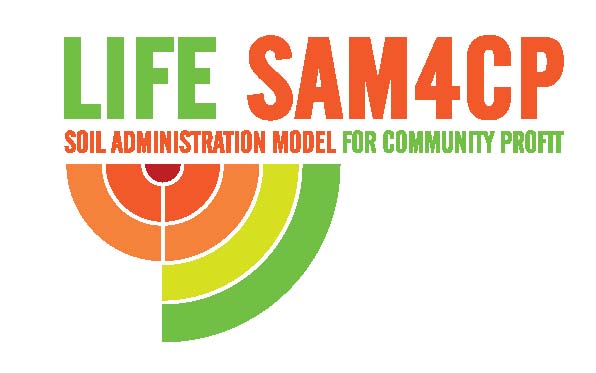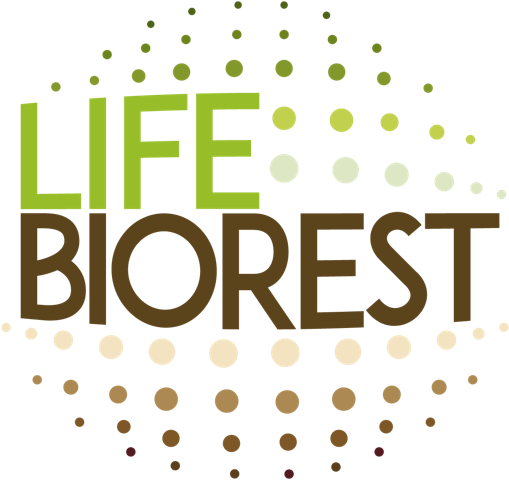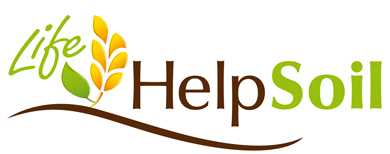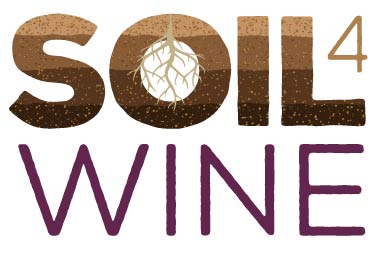LIFE BIOREST aims at demonstrating the economic sustainability and efficiency of a bioremediation method based on the selection and bioaugmentation of autochthonous microbial strains selected for their high degrading capacity.
With the final goal of restoring the ecological functions of the soils, counteract the loss of fertility, biodiversity and resilience and bring new green areas back for the community.
Lead partner: Consorzio Italbiotec – Ilaria Re

The project funded under the LIFE + 2007 – 2013 – Environment – aims to develop a digital simulator to ensure a good land use planning; or to promote land use decisions that help reduce the use of soil and the preservation of its ecosystem functions. The simulator will be designed to be easily used by the technical services of Commons and from other stakeholders.
Lead partner: Città metropolitana di Torino – Simonetta Alberico
Life HelpSoil project aims at demonstrating, in particular, that the application of Conservation Agriculture techniques:
- is possible and sustainable for farms in the Po plain and in the nearby Alpine and Apennine foot-hills;
- guarantees the fundamental functions that the soil carries out for the environment, such as organic carbon sequestration, conservation of biodiversity and fertility, protection against erosion;
- improves the environmental performance of agriculture, reducing, for example, energy and water consumptions.
Within the project, innovative techniques for irrigation, distribution of zootechnical effluents and defense of the cultures will be tested along and combined with the practices of Conservation Agriculture.
Lead partner: Regione Lombardia – Alberto Lugoboni
SOIL4WINE is a Life project aimed at improving soil management in the agriculture sector and at defining tools and methodologies to support soil’s functions and ecosystem services.
The project proposes a demonstration activity that will contribute to the implementation of the objectives of the EU Thematic Strategy for Soil Protection and of the Roadmap to a Resource Efficient Europe, as required under LIFE
Environment and Resource Efficiency sub-programme.
The actions proposed will tailor land use management in order to achieve the soil ecosystems valorization and will have an additional benefit in describing and supporting terrestrial biodiversity.
Lead partner: Università Cattolica del Sacro Cuore (Piacenza) – Stefano Poni
“Roadmaps for Energy” (R4E) is an EU funded project under the Horizon 2020 programme that aims to develop a new type of energy strategy through visions and roadmaps for the 8 partner cities, in co-creation with relevant local stakeholders. The project focuses on three areas within the domain of sustainable energy that are closely linked to the municipalities main responsibilities:
- Smart buildings: The Smart buildings theme focuses on the built environment and the sustainable energy solutions for buildings;
- Smart mobility: Smart mobility considers transport and mobility as a major issue for cities to achieve quality of life;
- Smart urban spaces: The Smart urban spaces theme looks at the public spaces in cities.
Each city partner has chosen 2 focus areas to work on its roadmaps depending on its objectives.
Contacts | Website | Twitter | LinkedIn | Facebook
The aim of the LIFE ReSoil project is a successful local and international demonstration of innovative soil washing technology for removal of potentially toxic metals from highly contaminated soil, like polluted urban soil.
A soil washing technique will be demonstrated, which removes metals from the soil by use of ligand ethylenediaminetetraacetate (EDTA). EDTA proved to be highly efficient in carbonate soil with a high content of organic matter, which is a characteristic for our demonstration site in Slovenia (Upper Meža Valley).
The innovation potential of our technological approach is in recycling of EDTA and process water in a cost-effective way, in a closed loop process producing only small quantities of waste. Treatment of process water include chemical and electrochemical processes such as basic processes (metals precipitation and removal by filtration), acid process (EDTA recycling, EDTA precipitation and removal by filtration), electrolysis (decomposition of the residual EDTA, loading of metals on electrode).
Developed treatment method brings, in comparison with the other solutions, significantly lower water (90 %), EDTA (>70%) and energy consumption, and safe disposal of the toxic product.






